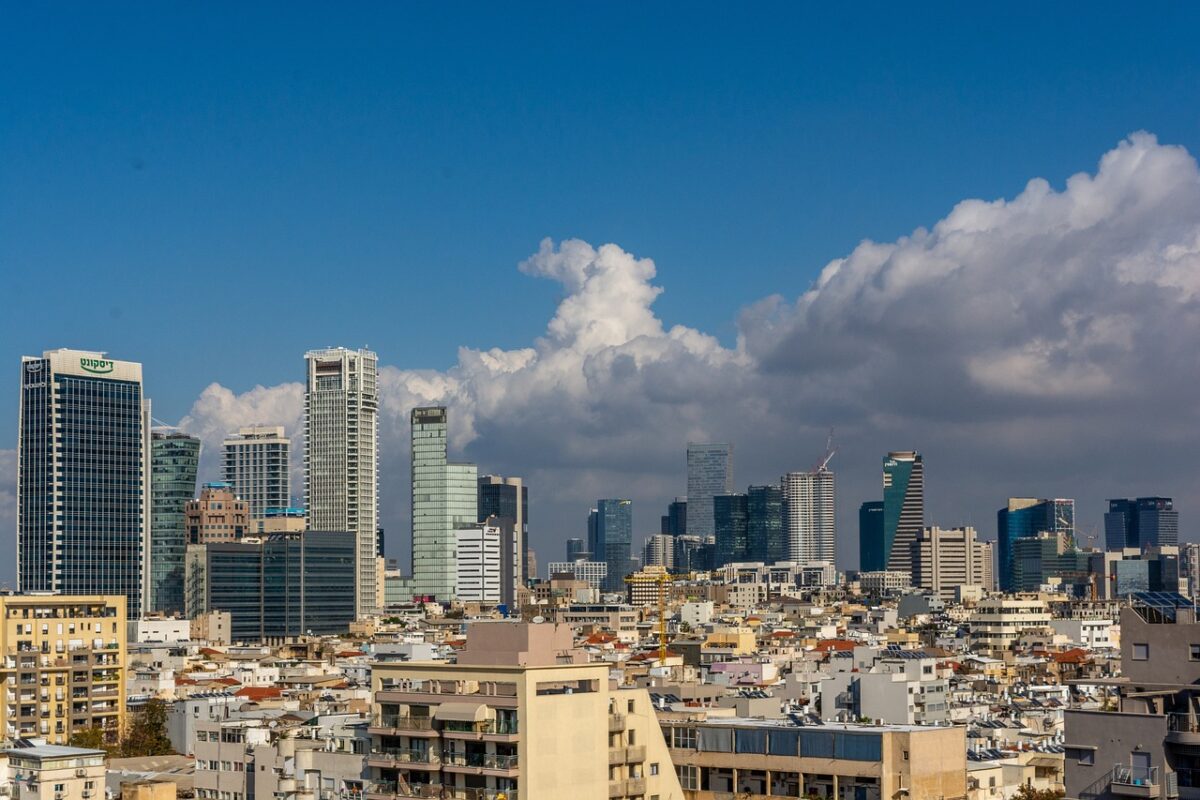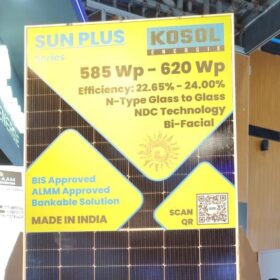From pv magazine Global
The Israeli Planning Administration announced it would temporarily scrap permits for soon-to-be-constructed storage units of up to 600 kWh. The move will be in effect for the next 18 months and is said to be due to the current Israel-Hamas conflict.
Storage units exempt from permits will be limited to 30 m2, according to a statement supplied by the Ministry of Energy and Infrastructure. They will also need to “maintain the reliability of energy supply during emergencies.” Energy units are expected to support the local authorities operating rooms and civilian gathering centers.
According to the statement, civilian gathering centers are designated public buildings such as schools. This is where civilians can evacuate during emergencies. Operation rooms are where civilian emergency operations occur.
“This measure is just the first,” said Eitan Parnass, director of the country’s major renewable energy lobby group, the Green Energy Association of Israel. He told pv magazine that “rapid implementation of electricity storage” in Israel is expected to follow.
“Storage will play a major role in Israel’s electricity market in the coming years,” Parnass said. “The capability of microgrids to survive blackout is a vivid reality in Israel, and a lesson for other modern electricity markets. In Israel, it’s missiles that are jeopardizing the grid, but in other countries, climate change and extreme weather can be the cause.”
This content is protected by copyright and may not be reused. If you want to cooperate with us and would like to reuse some of our content, please contact: editors@pv-magazine.com.








By submitting this form you agree to pv magazine using your data for the purposes of publishing your comment.
Your personal data will only be disclosed or otherwise transmitted to third parties for the purposes of spam filtering or if this is necessary for technical maintenance of the website. Any other transfer to third parties will not take place unless this is justified on the basis of applicable data protection regulations or if pv magazine is legally obliged to do so.
You may revoke this consent at any time with effect for the future, in which case your personal data will be deleted immediately. Otherwise, your data will be deleted if pv magazine has processed your request or the purpose of data storage is fulfilled.
Further information on data privacy can be found in our Data Protection Policy.